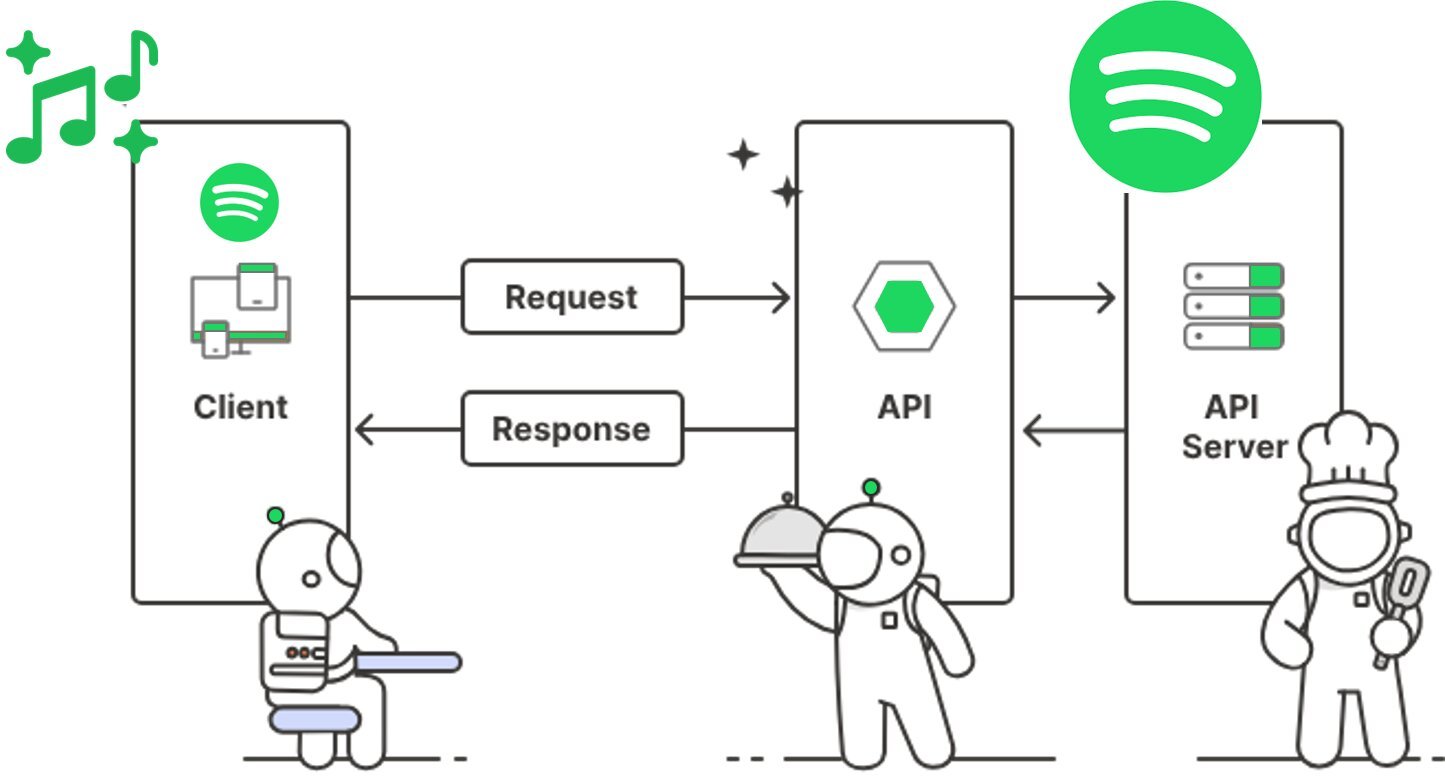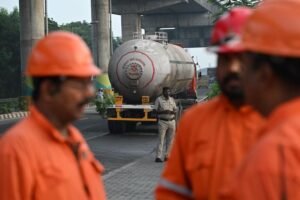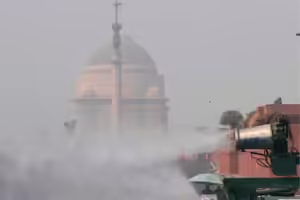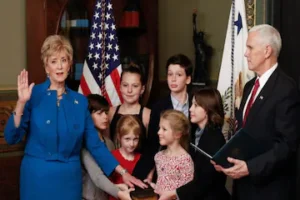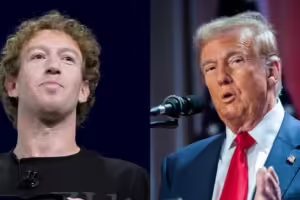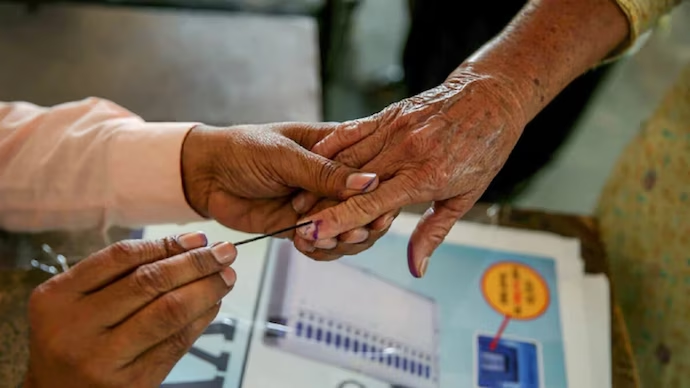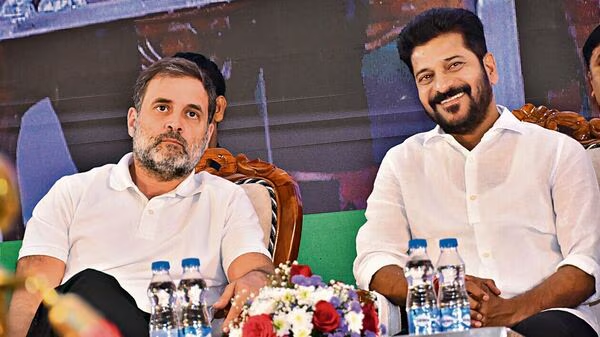Textile traders in Mumbai’s iconic Swadeshi Market are seeking tax relief and redevelopment support from the next government.

Established in the early 1900s, the heritage structure, located in a decades-old building, hosts several shops. As India’s fight for independence intensified, the market earned its ‘Swadeshi’ moniker for its rejection of foreign goods.
The renowned Swadeshi Market in Kalbadevi, Mumbai, eagerly anticipates the upcoming Maharashtra elections. Textile traders, a pivotal voting bloc for all political parties, have prepared a set of requests for the victorious faction.
Established in the early 1900s within a historical building, this heritage site encompasses numerous shops. As India’s fight for independence intensified, the market earned the moniker ‘Swadeshi’ for its rejection of foreign products.
While established in the early 1900s, this market derives its name from its association with the Swadeshi movement, during which traders symbolically burned foreign goods. With approximately 700 shops, nearly 400 of which are located on the ground floor, the market serves as a significant source of employment for over 200,000 individuals,” shared Gitesh Unsdkar with CNN-News18 during our visit to this venerable marketplace to assess the sentiments of the traders.
With consumers increasingly preferring online shopping through e-commerce sites, traders are a worried lot. They admit that it is impacting the smaller businesses which the government should be concerned about.
Sumit Mehra, a textile trader, expressed the challenge of competing against online businesses due to their substantial financial resources. Limited by their own resources, Mehra noted a gradual decline in their business as a result.
Another trader, Samir Gandhi, also listed steps the government needs to take to protect their interests. “People in this market have had their shops for years together. We are hopeful that some tax relief will be given to us, and fair trade practices will allow us to compete with the online markets. This is our only request,” Gandhi said, citing the need for liberalisation of taxes.
Once the hub of the revolutionary Swadeshi movement, the structural health of the market is also a cause of concern. While traders are in favour of redevelopment and modernisation, they are wary of the vested interests of some builders and the current management.
Shreyas Shah, a third-generation trader, elaborates: “We are certainly in favour of redevelopment because our market is very old, and that is the need of the hour. But this project must go into the right hands. Currently, we have doubts over the working of the management of the market, and we are hoping that the government will help us in the concerns we have raised. All we ask for is a transparent system.”
In Mumbai, Surat, and Ahmedabad in Gujarat, the trade in materials, particularly cotton fabric, stands out as a significant aspect. Consequently, the trader community is eagerly anticipating the formation of the next government later this month.
The state of Maharashtra votes in a single phase on November 20 for a 288-member assembly. The poll results will be out on November 23.
